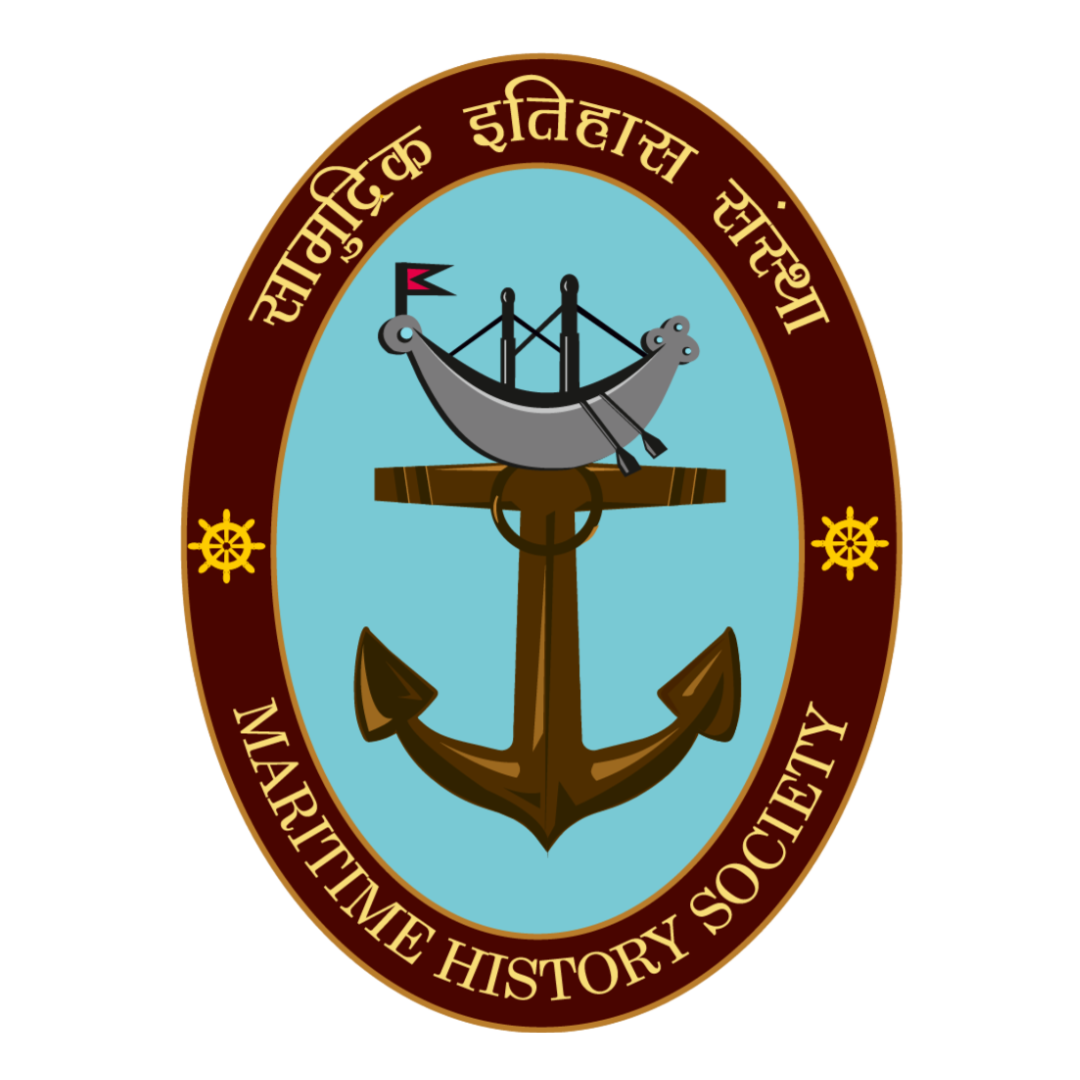Image 1 Symbolising Indian Navy and its collaboration with United Nations. Source – Author
Introduction
The World War II resulted in a devastating economic and human loss. Effects of the World War II led the global leaders to rethink the governance strategies for world policies and the United Nations was formed. India has been associated with the United Nations since its inception and the Indian Navy regularly assists in various humanitarian operations. While 24 October is celebrated as United Nations Day each year to commemorate the official commencement of the United Nations, let’s get an insight into the Indian Naval collaboration with the United Nations.
With the end of World War II, among the other changes in political and social scenarios, the ‘Charter for United Nations’ was born to maintain global peace by enforcing law and order. The Charter was signed by 50 countries on 26 June 1945[1]. Along with other countries, India is one of the founding members of United Nations. The Charter came into effect from 24 October 1945[2] and thus led to the official commencement of United Nations (UN), a powerful global organization.
The United Nations not only engages in political, judicial and military activities but also hosts multiple organizations under their wings who engage in maintaining global literacy, health, economic stability, trade, monetary exchange etc. To maintain peace and security, the provisions in the chapter VII of the Charter aides the UN’s Security Council to take military actions. In such military operations, the armed forces of the member nations provide assistance. The Indian Armed Forces have been collectively offering its service to UN and have participated and executed many successful operations.
In the maritime domain, the Indian Naval assistance to the United Nations can be divided into four types – Humanitarian, Low Intensity Conflict (LIC) operations, Anti- Piracy and Deterrent.[3] The very first operation carried out by the Indian Navy for the assistance of UN was the operation in Somalia.
United Nations Operations in Somalia
With the affirmative response from the Cabinet Committee on Parliamentary Affairs, the Indian Naval Officers were deployed overseas to Somalia, for the United Nations Humanitarian Relief Operations. In the ‘United Nations Operations in Somalia’ (UNOSOM) II (1993-94), the Indian Navy executed many operations[4].
On 03 February 1993, INS Sukanya sailed with representatives of World Food Programme (WFP) as part of Operation Muffet, to intercept the merchant vessel MV Remorra Bay, as the radio contact to this vessel was lost since 28 January 1993. Since, MV Remorra Bay was carrying large store of food stores to Somalia, it was very important to locate it. This chartered ship was sighted at 1715 hrs on 03 February[5]. To assist the UNICEF (United Nations International Children’s Emergency Fund), the Indian Navy transported humanitarian aid from Mombasa (Kenya) to Mogadishu and Kismayo (Somalia). In Operation Restore Hope, the Indian Navy’s role was restricted to patrolling and transporting UN food supplies to Somalia[6].
As part of Operation Shield, the Indian Navy provided terminal support for the de-induction of the Indian Army troops from Kismayo to Mogadishu between 06-11 December 1994. Operation Bolster was launched to patrol the coastline and provide air cover, ensuring the departure of various militaries to their home country, till the departure of the last UN chartered flight. This operation was carried out between 11-23 December 1994. Post the departure of last UN chartered flight, Operation Bolster was terminated and the Indian Naval Task Force proceeded from Mogadishu to the sea, on the same day.[7]
United Nations World Food Programme (WFP) 2020
The Indian Navy provided security for the food carrying vessels which were deployed to East African nations. MV Juist, the UN WEF chartered ship was carrying relief food cargo. MV Juist was escorted by INS Airavat. MV Juist was enroute to Mogadishu from Berbera, Somaliland. Even under challenging weather conditions, INS Airavat escorted MV Juist from 05-14 June 2020. This was the third WFP escort mission, in the last three years, undertaken by the Indian Navy. This operation was carried out during the Covid-19 pandemic[8].
Apart from the above mentioned humanitarian operations, the Indian Navy is actively involved in several anti-piracy operations in the Indian Ocean.
Conclusion
The Indian Navy in collaboration with United Nations is trying to come up with effective policies and stringent rules to prevent piracy and illegal trade. The Indian Navy is committed to the safety and observance of international maritime laws in the Indian Ocean Region (IOR).
[1] Website of the United Nations. Accessed and retrieved through – https://www.un.org/en/about-us/un-charter (20 October 2022)
[2] Website of the United Nations. Accessed and retrieved through – https://www.un.org/en/about-us/history-of-the-un (20 October 2022)
[3] Johnson, O. (26 October 2020) Indian Navy always rose to occasion in countries at sea. The Daily Guardian. Accessed and retrieved through – https://thedailyguardian.com/indian-navy-always-rose-to-occasion-in-countries-at-sea/
[4] Hiranandani G. M. (2009). Transition to Guardianship: The Indian Navy 1991–2000. New Delhi: Lancer Publishers. pp. 45-46
[5] Ibid, pp. 46-47
[6] Ibid
[7] Ibid, pp. 47-48
[8] PIB Delhi. (01 January 2021) Year End Review – 2020 Ministry of Defence. Press Information Bureau. Accessed and retrieved through – https://pib.gov.in/PressReleseDetailm.aspx?PRID=1685437 (21 October 2022)



0 Comments